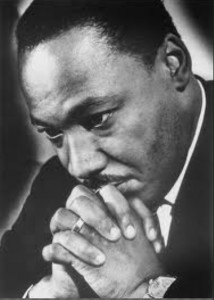
Dear Commons Community,
Despite having the second-highest GDP, the U.S. falls shorts on basic human needs, health and wellness, and education according to a new global social progress indicator developed by researchers at the Harvard Business School. As reported in The Daily Beast:
“New Zealand took the number one spot, followed by Switzerland and Iceland in a new global ranking of the world’s most socially advanced countries, according to a new global index released today by a U.S.-based nonprofit, The Social Progress Imperative (SPI). The United States came in 16th. And that’s despite having the second-highest GDP per capita (behind #5, Norway).
Created by a team led by Professor Michael E. Porter of Harvard Business School, the Social Progress Index ranked 132 countries over three categories: basic human needs, foundations of wellbeing, and opportunity. Over 50 indicators were used to measure outcomes in each—including nourishment, access to water and sanitation, access to basic knowledge and advanced education, life expectancy, greenhouse gas emissions, and personal and political freedoms.
At first glance, the index seems obvious. Countries with the largest economies are near the top, while those with the lowest fill the bottom tier…But the SPI further evaluates each country in relation to others with similar GDP performance. This is where the index gets interesting and people (in theory, policy makers) can identify areas of excellence and those in need of improvement.
There’s one bright spot. According to the SPI, America is still the land of opportunity, mostly because we outperform other countries in our access to advanced education—our citizens go to school for more years and our universities are top-notch—but that’s where the celebration ends.
So what’s our problem? Why aren’t we number one?
“What you’ve got is a bunch of very marginalized people,” Michael Green, SPI’s Executive Director, told The Daily Beast.
Our biggest fails, according to the SPI:
- Basic Human Needs: Access to water, sanitation, are all worse in the U.S. than in countries with similar GDPs. But where we really lose it is personal safety, ranking 31st compared to Canada (9th), Germany (13th), New Zealand (17th), and the UK (21st). These numbers are partly due to an abnormally high number of traffic deaths.
- Access to Information and Communications: Just 81% of the population is Internet users compared to 87% in both the UK and Canada. While mobile telephone subscriptions (a little over 95 per 100 people) are also lower than in other countries.
- Health and Wellness: The United States ranks poorly here (70th), thanks in part to our obesity epidemic.
- Access to Basic Knowledge: We’re ranked 39th due to low primary school enrollment rates.”
You can view the full results in a heat map or play with SPI’s interactive data visualization tool here.
Tony




